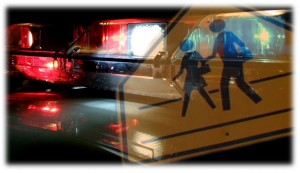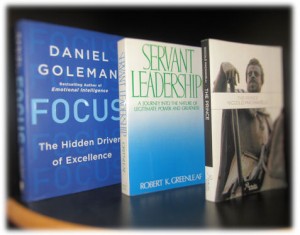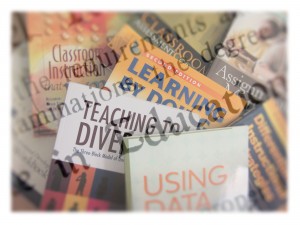 I recently participated in a twitter chat where participants were asked to respond to the following question:
I recently participated in a twitter chat where participants were asked to respond to the following question:
“As an experienced educator, what advice would you give to those who are new to the profession?”
While this is not an uncommon question, I had never considered how I might respond in the context of 140 characters. I wanted to state something profound in that limited space, and before I knew it – and practically without thinking – I had posted the following:
“Find the joy in teaching. Ignore cynics. Celebrate small victories. If you lose the passion, move on.”
The fact that this was my immediate response tells me it came from the heart. There was no second thought or reflection to muddy the waters. I am a contemplative person who tends to over think questions and I possess a tendency to formulate my best responses a half hour after they are required. In this case however, I have to admit that given the chance to rework that particular response, I would not change a word.
Find the Joy in Teaching
When I refer to teaching, I am referring to all of those functions related to public education, from teaching to administration to student services. There is something in these fields inherently related to that altruistic desire to make a difference to a person, a group, a community or beyond. The exhilaration can come from many places and may look different to each person, but there is no doubting you will recognize it when you find it.
Ignore Cynics
I am fortunate to be surrounded by an enthusiastic forward thinking team of educators who tend to focus on possibilities, not obstacles. We know that there is an element out there that tends to see things in a negative light or is quick to point out why things will not work. There is little point in allowing such people to consume your time.
I have a theory about cynics: these are people that are happy being unhappy. If you address their unhappiness, it puts them off balance, and they seek to restore that balance by finding something to be unhappy about. Perhaps that in itself is a cynical view, but my point is that there is little one can to do satisfy the cynics, so stick to your vision, focus on possibilities, and move on.
Celebrate Small Victories
To be able to celebrate victories, one needs to be able to identify them. This is really a matter of being present and paying attention to the little details that may otherwise go unnoticed. Sometimes, we get caught up on the one little thing that went wrong for us rather than reflecting on all the things that went well. Be deliberate in identifying and savouring your victories.
If You Lose the Passion, Move On
In a perfect world, everyone in education would be pursuing their passion and that would translate into extraordinary learning experiences for all. The reality is that people and passions change. There is nothing wrong with that, and no one is to blame if one loses the passion for teaching or whatever role one happens to fulfill. However if it happens, it is critically important to acknowledge that reality and makes the appropriate life adjustments. Anything less would be unfair to everyone.
I suspect that without realizing it, I articulated the four principles that have guided my career as an educator. For those entering the profession and following in my path, consider it sound advice.








